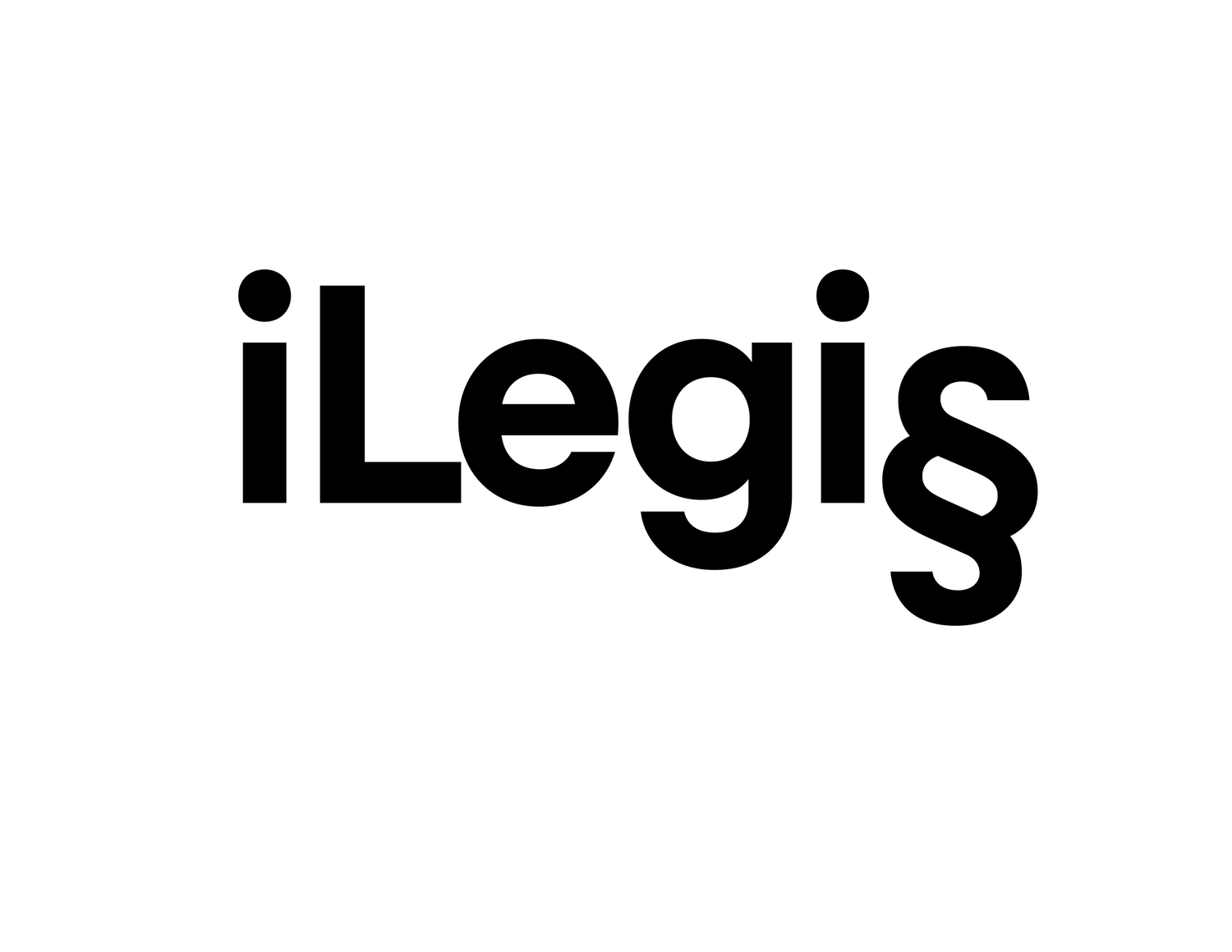Artificial Intelligence and Legislation: Where Do We Go from Here?
Jun 15, 2023 at 11:00 AM Eastern Daylight Time (EDT)
Generative and decision-making artificial intelligence is fundamentally transforming government, business, and society. AI provides significant benefits yet poses serious risks. This webinar will address these benefits and risks through the lens of three legislative aspects of AI - regulation, AI tools for better legislative policymaking, and new ways to draft legislation.
Co-hosted by Penn Carey Law of the University of Pennsylvania
Regulation of Artificial Intelligence in Europe
Dr. Jenny Gesley, Senior Foreign Law Specialist, Law Library of Congress, Washington, DC
Jenny Gesley joined the Law Library as a foreign law specialist in March 2015. She conducts legal research on Germany, Switzerland, Austria, Liechtenstein, and the European Union for Members of Congress, executive branch agencies, the federal judiciary, and the general public. She is fluent in German and French.
Dr. Gesley has contributed to numerous Law Library of Congress multinational and single-country reports, among them a report on “Regulation of artificial intelligence in selected jurisdictions.” She regularly writes for the Law Library’s online publication Global Legal Monitor and is a member of the In Custodia Legis blog team. She has presented on artificial intelligence at the 2019 AALL annual conference and the 2020 ASIL annual meeting and obtained the “Executive Branch Artificial Intelligence Lab Certificate” in November 2022.
Dr. Gesley holds an LLM degree from the University of Minnesota Law School, a JD equivalent from the Goethe University of Frankfurt, Germany, and a PhD degree in law. Her PhD dissertation on “Financial Market Supervision in the United States. National Developments and International Standards” (in German) was awarded the Baker & McKenzie Award 2015. The Baker & McKenzie Award is an annual prize given to the authors of exceptional dissertations related to commercial law. The dissertation has also been published as a book. In addition, Dr. Gesley is admitted to the New York State bar and is qualified to practice law in Germany.
AI's potential to transform the legislative branch
Joe Mariani, Research Senior Manager, Center for Government Insights, Deloitte Services LP, Kenosha, Wisconsin
Joe Mariani leads the emerging technologies research program for Deloitte’s Center for Government Insights. His research focuses on the intersection of culture and innovation in both commercial businesses and government organizations. Joe has testified before Congress on the impact of emerging technology on government, and his work has appeared in publications including the National Academy of Sciences, World Economic Forum, US News & World Report, Wall Street Journal, Cyber Defense Review, The Marine Corps Gazette, and more. His previous experience includes work as a consultant to defense and intelligence organizations, high school science teacher, and Marine Corps intelligence officer.
The use of AI in legislative bill drafting
Will Clark, Program Principal, Center for Legislative Strengthening, National Conference of State Legislatures, Denver, Colorado
As a program principal in the Center for Legislative Strengthening, Will Clark works on issues related to legislative information technology and legislative oversight. Clark comes to NCSL with 10 years of experience working in state government, including two years with the Colorado General Assembly. He earned a bachelor's degree in political science from the University of Oregon and a master's in public policy from Oregon State University.
Moderator
Anne Toomey McKenna
Law Professor, University of Richmond School of Law; Affiliate Faculty, Penn State Institute for Computational & Data Sciences
Anne Toomey McKenna is a licensed attorney, researcher, and Law Professor - a woman leader for over two decades working at the interdisciplinary intersection of technology, privacy, and law. Professor McKenna is the Chair of the AI Policy Committee for the world’s largest technical professional organization, the Institute for Electrical and Electronics Engineers, and Co-Chair of IEEE’s Privacy, Equity, and Justice in AI Subcommittee. Professor McKenna is a Visiting Law Professor at Richmond Law and teaches Evidence, Cyberlaw in Practice (a course she developed), and Information Privacy Law. She is Affiliated Faculty with ICDS - Penn State University’s Institute for Computational & Data Sciences and was formerly Penn State Dickinson Law’s Distinguished Scholar of Cyber Law & Policy.
Professor McKenna’s published works on law and surveillance, privacy, data, evidence, and emerging technologies are regularly cited in published opinions by federal and state courts across the U.S., and relied upon by judges, attorneys, businesses, and policy makers in navigating these complex and evolving areas of law.
As part of her work - teaching, educating, researching, and advising about cutting edge legal, policy, and societal issues surrounding privacy, data, artificial intelligence, and surveillance - Professor McKenna collaborates regularly with agency, business, institution, and policy leaders at the highest levels.





